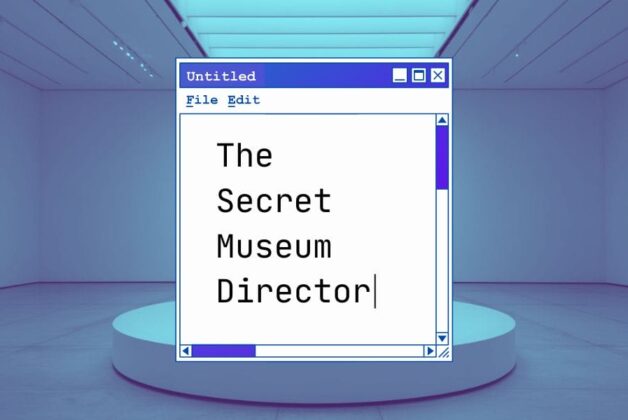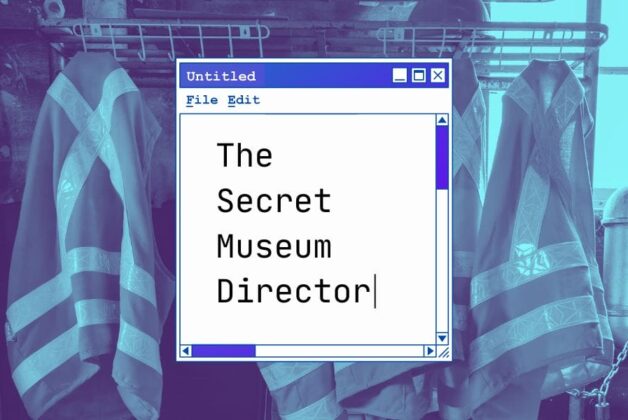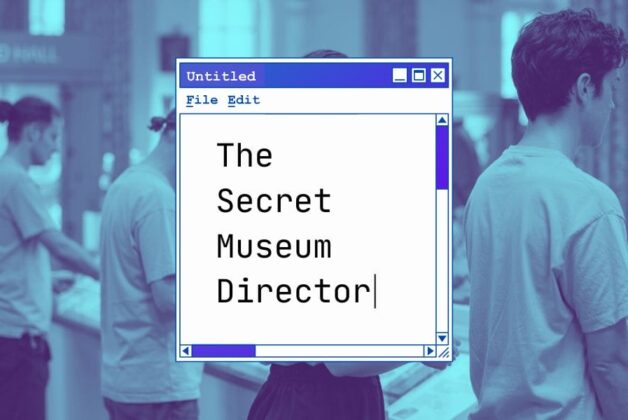The popularity and respect for UK museums’ collections and practices abroad has never been stronger but matching this by encouraging more museums to work on international projects is difficult in times of austerity and funding cuts. However, argues Dr Carol Scott, chair of ICOM UK, there are far more ways of going about working internationally than museums would think and the benefits are manyfold
The UK’s museums have never been more in demand internationally. Their collections and exhibitions are sought throughout the world, their professional expertise is recognised, the sector is known for its standards of ‘best practice’ and their approach to building audiences and engaging with diversity is in demand.
But while all of this is part of the global UK museum ‘brand’, the capacity of UK museums to engage in international work is challenged by static or declining public sector funding. This state of affairs is supported by research conducted by the Working Internationally Regional Project (WIRP) which reveals that the testing economic climate is one of the primary barriers to UK museums venturing into international projects.
Two programmes are addressing this situation and working with the sector to build skills, networks and a useful resource base to develop capacity and confidence in this area. The first is an annual conference organised by ICOM UK and NMDC in partnership with a yearly venue partner. In recognition of the economic challenges that the sector is facing, this year’s conference was titled ‘Working Internationally in Hard Times’!
The second programme is the Working Internationally Regional Project (WIRP), funded by an Arts Council England Museums’ Resilience Grant and led by ICOM UK in partnership with the British Council, the National Museums Directors’ Council and Heritage without Borders.
This project focuses on non-national museums throughout England- running workshops, creating an online resource portal for case studies, tips and toolkits related to international work and administering a small grants programme enabling face-to-face contact between potential partners in the UK and abroad.
Throughout the three years that these two programmes have been operating, we have learned three important things. The first is that perceptions can be inhibiting. International projects are not an add-on to existing work. Rather, when international work is embedded into corporate planning as a strategy to achieve important institutional goals, it can deliver increased profile that builds positioning with important stakeholders and engages new audiences.
The second thing we have learned is that, in these challenging economic times, working in partnership with international colleagues delivers outcomes on a number of fronts. It enables us to:
- Increase the scope of a project;
- Bring more creative ideas to the table;
- Open up new sources of funding;
- Spread the risk; and
- Build longer term public value.
The last point is one of the most important. Building public value makes a difference where it is most visible- beyond the walls of the museum and in the public domain. At the most recent Working Internationally conference held at the Whitworth in Manchester on March 4, speakers described how working with international partners delivered new scientific knowledge, revived traditional skills indigenous groups, developed shared approaches to dealing with age and dementia and built community capacity.
But people often need help taking the first steps towards finding international partners and this is the subject of a WIRP partnership- building working workshop to be held in early October at the Horniman Museum which will be advertised through the news section of the ICOM UK website www.uk.icom.museum.
The third thing that we have learned is that there are more sources and resources to assist international work than is immediately apparent. As part of the grant from Arts Council England, the WIRP project has created a dedicated section on the ICOM UK website where people can find funding sources, case studies, guidance articles and a list of contacts. Go to the website http://uk.icom.museum/resources/ and become part of the conversation to build the international work of the UK’s museums.
The UK’s museums have never been more in demand internationally. Their collections and exhibitions are sought throughout the world, their professional expertise is recognised, the sector is known for its standards of ‘best practice’ and their approach to building audiences and engaging with diversity is in demand.
But while all of this is part of the global UK museum ‘brand’, the capacity of UK museums to engage in international work is challenged by static or declining public sector funding. This state of affairs is supported by research conducted by the Working Internationally Regional Project (WIRP) which reveals that the testing economic climate is one of the primary barriers to UK museums venturing into international projects.
Two programmes are addressing this situation and working with the sector to build skills, networks and a useful resource base to develop capacity and confidence in this area. The first is an annual conference organised by ICOM UK and NMDC in partnership with a yearly venue partner. In recognition of the economic challenges that the sector is facing, this year’s conference was titled ‘Working Internationally in Hard Times’!
The second programme is the Working Internationally Regional Project (WIRP), funded by an Arts Council England Museums’ Resilience Grant and led by ICOM UK in partnership with the British Council, the National Museums Directors’ Council and Heritage without Borders.
This project focuses on non-national museums throughout England- running workshops, creating an online resource portal for case studies, tips and toolkits related to international work and administering a small grants programme enabling face-to-face contact between potential partners in the UK and abroad.
Throughout the three years that these two programmes have been operating, we have learned three important things. The first is that perceptions can be inhibiting. International projects are not an add-on to existing work. Rather, when international work is embedded into corporate planning as a strategy to achieve important institutional goals, it can deliver increased profile that builds positioning with important stakeholders and engages new audiences.
The second thing we have learned is that, in these challenging economic times, working in partnership with international colleagues delivers outcomes on a number of fronts. It enables us to:
- Increase the scope of a project;
- Bring more creative ideas to the table;
- Open up new sources of funding;
- Spread the risk; and
- Build longer term public value.
The last point is one of the most important. Building public value makes a difference where it is most visible- beyond the walls of the museum and in the public domain. At the most recent Working Internationally conference held at the Whitworth in Manchester on March 4, speakers described how working with international partners delivered new scientific knowledge, revived traditional skills indigenous groups, developed shared approaches to dealing with age and dementia and built community capacity.
But people often need help taking the first steps towards finding international partners and this is the subject of a WIRP partnership- building working workshop to be held in early October at the Horniman Museum which will be advertised through the news section of the ICOM UK website www.uk.icom.museum.
The third thing that we have learned is that there are more sources and resources to assist international work than is immediately apparent. As part of the grant from Arts Council England, the WIRP project has created a dedicated section on the ICOM UK website where people can find funding sources, case studies, guidance articles and a list of contacts. Go to the website http://uk.icom.museum/resources/ and become part of the conversation to build the international work of the UK’s museums.



